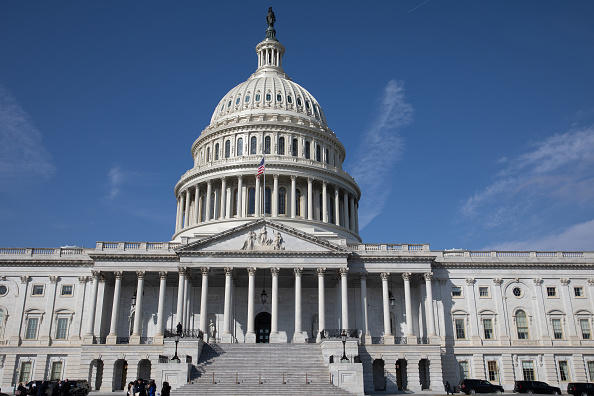On Wednesday, the House Energy and Commerce Committee’s Consumer Protection Subcommittee will finally hold its hearing on diversity and inclusion in tech, as Broadcasting Cable reported.
Tech’s long-standing diversity issues are well known. People of color and other minority groups are often regulated to the margins or outright excluded. The dangers of creating tech in a homogenous work zone are vast, especially as artificial intelligence, algorithms, and other forms of tech are becoming decision makers.
“People of color, women, and older Americans are largely absent from the workforce of American technology companies. Tools like algorithms are being used to make decisions, like who gets a job or a loan, that deeply affect people’s lives,” House Energy & Commerce Committee chair Frank Pallone (D-N.J.) and Consumer Protection Subcommittee chair Jan Schakowsky (D-Ill.) said in a joint statement.
The statement went on to note that when companies don’t consider diversity, “their products often have biased results that lead to discriminatory outcomes.”
It is a sentiment shared by one of the witnesses called to testify tomorrow.
Mark Luckie, a former Facebook manager who called out the company for its mistreatment of Black employees and workers, shared his written written testimony for the Congressional hearing.
Alright here we go… my written testimony for tomorrow's Congressional hearing on diversity in tech: https://t.co/MchR6VuJXn pic.twitter.com/DKozFXcqXn
— Mark S. Luckie (@marksluckie) March 5, 2019
“The concern surrounding the lack of diversity at U.S. technology companies is not just about the fair treatment of their employees,” Luckie wrote. “What is even more alarming is the inequalities in consumer technology that the deficiency is creating.”
Luckie, who has also worked for Twitter and Reddit, highlighted products like Amazon Prime’s same-day delivery service which, when it originally launched, excluded Black zip codes, as Bloomberg reported.
He also pointed out the Correctional Offender Management Profiling for Alternative Sanctions (COMPAS), software used by judges across the country to determine sentences and whether or not someone is likely to recommit a crime.
In 2016, a ProPublica report by Julia Angwin, Jeff Larson, Surya Mattu, and Lauren Kirchner, found that the software wrongly identified Black defendants as more likely to recommit crimes. According to ProPublica, “Black defendants were also twice as likely as white defendants to be misclassified as being a higher risk of violent recidivism.”
In his testimony, Luckie examined the various ways people of color are barred from roles in tech companies. For example, Luckie said Silicon Valley companies typically use an internal referencing system for hiring. Employees can submit the applications of family and friends, who will essentially be prioritized for review. This may seem fine, but because tech is primarily white and male, this means it’s primarily white candidates who are entered into that pool.
Luckie also noted other causes of the lack of diversity, like when Amazon’s recruiting tool taught itself that male candidates were better than women.
“There are a number of reasons why some of these oversights happen, including over-reliance on algorithms, teams without diverse voices, or lack of input from communities of color,” Luckie wrote. “Incidents like these can result in poor publicity, alienating consumers, profit loss, and limited financial futures for American businesses large and small.”

